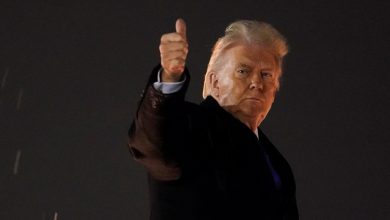European Union finance ministers have signaled a strong inclination towards utilizing frozen Russian assets to finance Ukraine, a move aimed at alleviating pressure on individual member states’ national budgets. The proposal, gaining traction in Brussels, focuses on establishing a ‘reparations loan’ for Ukraine, considered the most effective and realistic option for securing sustained funding for Kyiv over the next two years.
Danish Economy Minister Stephanie Lose, who chaired the ministerial meetings, emphasized that the European Commission’s proposal for a loan based on frozen Russian assets should be a top priority. Lose argued that this approach represents the only viable solution to meet Ukraine’s financial needs without placing additional burdens on member states’ already strained budgets.
The EU’s consideration of this financing mechanism follows commitments made during the European Summit in Brussels last October, where leaders affirmed their continued financial and military support for Kyiv for an additional two years. While leaders acknowledged the potential of using frozen Russian assets within Europe to finance this support, they stopped short of fully endorsing the proposed €140 billion ‘reparations loan’ due to reservations from Belgium.
Belgium, home to the financial institution Euroclear where the majority of frozen Russian funds are held, expressed concerns about potential legal challenges from Moscow. Belgian Prime Minister Bart De Wever stated that his country would not approve the plan without shared European guarantees to mitigate risks associated with potential lawsuits.
European Commission President Ursula von der Leyen previously outlined three potential pathways for supporting Ukraine. These included centralized borrowing by the EU guaranteed by its long-term budget, individual borrowing by member states to provide bilateral grants, and the aforementioned loan mechanism based on frozen Russian central bank assets. This final option, effectively transforming the loan into a grant, would be contingent on Ukraine receiving war reparations from Russia.
The move highlights the ongoing debate and strategic maneuvering within the EU as it seeks to balance its commitment to supporting Ukraine with concerns about financial stability and potential legal repercussions.




